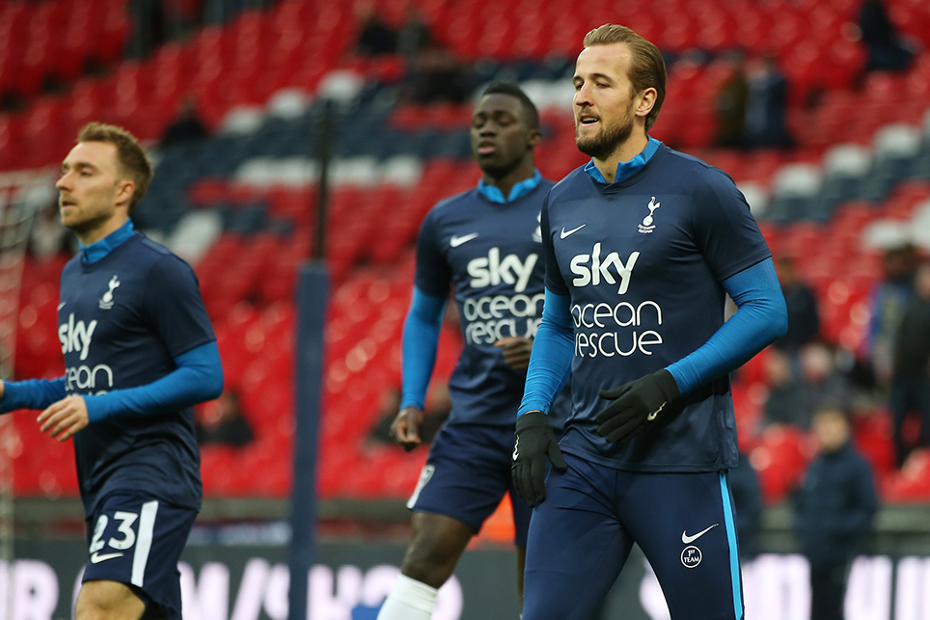#Morethanfootball focuses on World Water Day
 World Water Day is the topic for the 2nd of the 2019 #Morethanfootball Action Weeks focus days. The target for UN Sustainable Development Goal 6 is for everyone to have access to water for all their needs by 2030. However billions of people are still living without safe water and there is a growing awareness of the issue of plastic pollution in our oceans and waterways.
World Water Day is the topic for the 2nd of the 2019 #Morethanfootball Action Weeks focus days. The target for UN Sustainable Development Goal 6 is for everyone to have access to water for all their needs by 2030. However billions of people are still living without safe water and there is a growing awareness of the issue of plastic pollution in our oceans and waterways.
Landing on the 22nd March, World Water Day is about tackling the water crisis and addressing the issue of why so many people are being left behind. Football is the most popular sport in the world and having a unique position to engage with people across the globe and can be an effective educational platform on issues such as water sanitation requirements and management.
Stadiums, training grounds and other facilities use a substantial amount of water for various purposes from watering and maintaining pitches, for showering and toilet facilities through to providing drinking water for staff and fans. Pesticides and materials used in artificial pitches can also wash into and pollute ground and/or surface water.
There are several measures football organisations can take to minimise their use of water. It’s becoming increasingly more common to see clubs capturing rainwater and using it to irrigate the pitches and for flushing toilets etc. Water saving and efficiency technology and measures can also be taken to monitor the water usage in stadiums and minimise water use (e.g. water efficient taps and flushing)
FIFA artificial turf environmental impact assessment report provides a detailed assessment on the use of artificial turf and how to reduce water pollution related to the installation, use and disposal of artificial turf.
We are also seeing football clubs and organisations contributing to raising awareness of the critical issue of single-use plastics and micro-beads, and in doing so reducing their impact. The Premier League have been working together with Sky’s ‘Sky Ocean Rescue‘ Campaign to create the ‘Pass on Plastic‘ campaign and have hosted workshops for all their clubs as a means of sharing best practice and offering expert advice. Tottenham Hotspur will not have any plastic straws, stirrers, cutlery and plastic disposable packing in their new stadium, are phasing out plastic bags in their club shop and are providing club members with ‘bags for life’.

As mentioned in the article for yesterdays focus day on environmental sustainability, Vfl Wolfsburg stopped using plastic bags in their club shop in 2015, use bio-plastic PLA cups in the stadium and are taking part in a coffee mug rental scheme along with local cafes and coffee shops among other things. While, kit manufacturers like Nike and Adidas are helping raise awareness of the issue by making match day shirts using recycled plastic.
Again these are just some examples of the great work being done in raising awareness of the issues related to SDG 6 and in reducing football organisations own impact. As awareness of the issues increases and technology improves, we will no doubt see more and more clubs, leagues and associations working towards protecting our water and contributing towards the goal of SDG 6 by providing access to clean water to all by 2030. We hope you join us in raising awareness of these issues on World Water Day.



